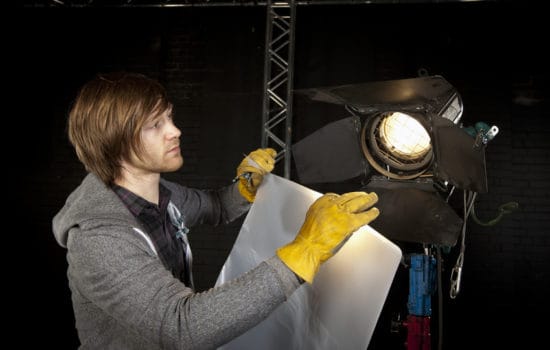There are many categories of the one-hour drama. There’s the procedural, like Law and Order, the police drama like The District, or the hospital drama like Grey’s Anatomy, among many others.
They are usually serialized, that is, each episode picks up where the other left off, but they can also be an anthology in which each episode is self-contained like Black Mirror. More and more we are seeing limited series dramas that replace what used to be known as a mini-series, in which the series has a set ending like Escape From Dannemora.
If you look at the script of a one-hour drama, it hardly looks different than a feature screenplay in the way it’s presented on the page. It’s just structured differently. The one-hour drama is usually divided up into four or five acts and sometimes a “teaser” which starts the episode.
Unlike a feature screenplay, the act breaks are noted in the script. This practice serves network television where there are commercials.
If you are writing for a broadcast network, you have to be aware of commercial breaks in order to craft the story so people “stay tuned.” God forbid someone flip the channel during a commercial break and not come back!
These days, with commercial-free cable and streaming services, the act break is less important and, in fact, the time constraint of one hour is falling by the wayside in this realm. There is no longer the need to fit a story into broadcast time because people can tune in whenever they want.
An episode can end earlier or later with no consequence. The only given across the board is to keep people watching, or in the streaming world – binging.
What does teleplay mean?
Teleplay is a term used for a script written strictly for television.























